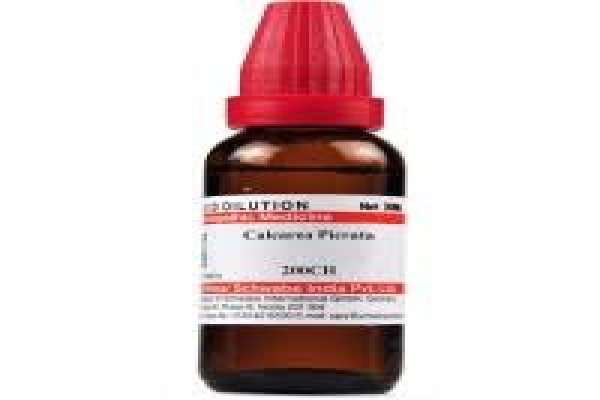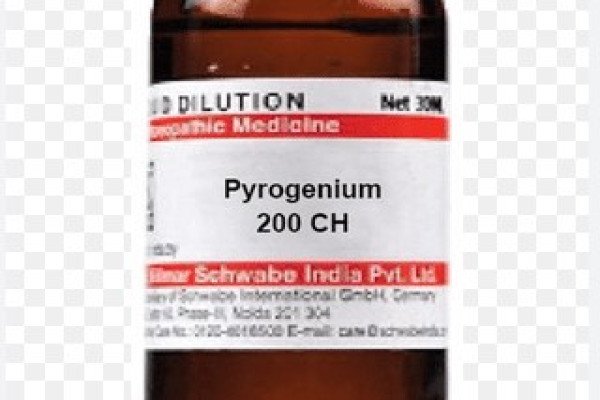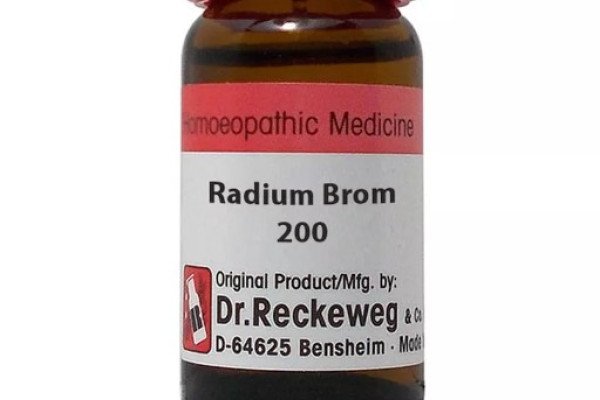 Welcome
Welcome
“May all be happy, may all be healed, may all be at peace and may no one ever suffer."
Acne - Homeopathic remedies
Acne is a common skin condition that occurs when hair follicles become clogged with oil and dead skin cells, leading to the development of pimples, blackheads, and whiteheads on the face, chest, and back.
There are many factors that can contribute to the development of acne, including hormonal changes, genetics, stress, and certain medications.
Treatment for acne may involve a combination of over-the-counter products, prescription medications, and lifestyle changes. Topical treatments such as benzoyl peroxide, salicylic acid, or retinoids may be used to help unclog pores and reduce inflammation. In addition, oral medications such as antibiotics, hormonal treatments, or isotretinoin may be prescribed in more severe cases.
Lifestyle changes, such as maintaining a healthy diet and exercise routine, reducing stress, and avoiding certain irritants or chemicals, can also help improve acne symptoms.
Preventing acne involves taking steps to maintain good skin hygiene, such as washing the face twice daily with a gentle cleanser, avoiding picking or squeezing pimples, and keeping the skin hydrated and healthy with the use of moisturizers and sunscreen.
It is important to seek the advice of a healthcare provider or dermatologist if acne symptoms persist or worsen, as they can provide personalized treatment recommendations based on the individual's specific needs and medical history.
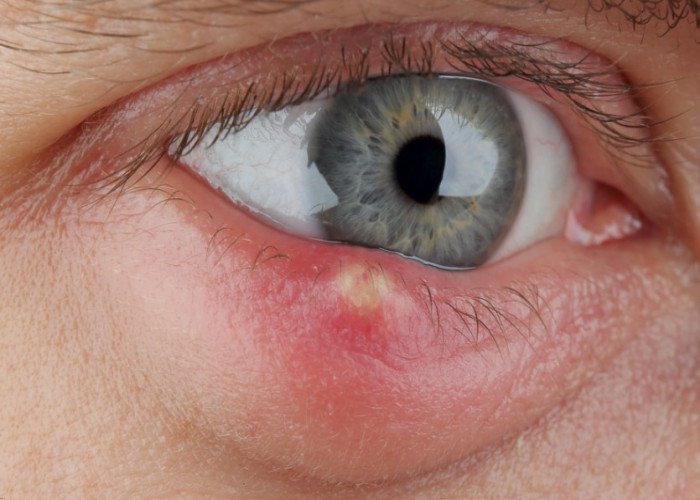
Stye

Blindness
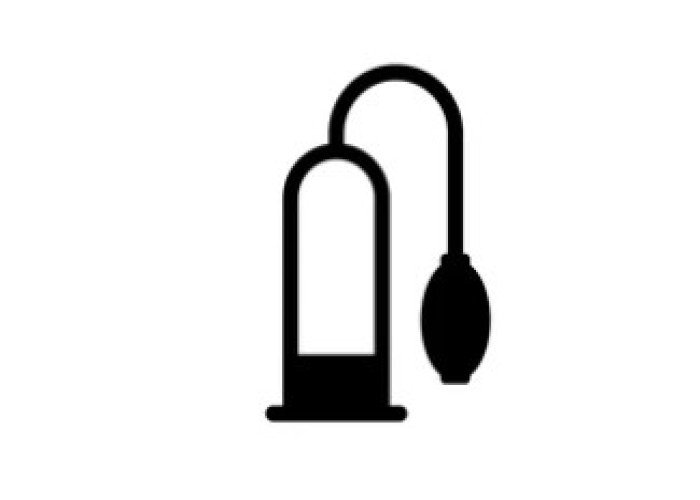
Strong desire to masturba...
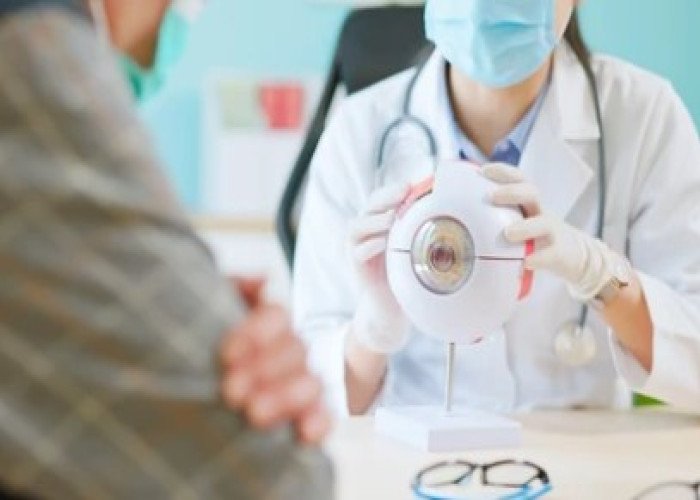
Nyctalopia

Erysipelas

Asthma

Lose flesh
Growth retardation
Acne, ব্রণ
To be happy, beautiful, healthy, wealthy, hale and long-lived stay with DM3S.


